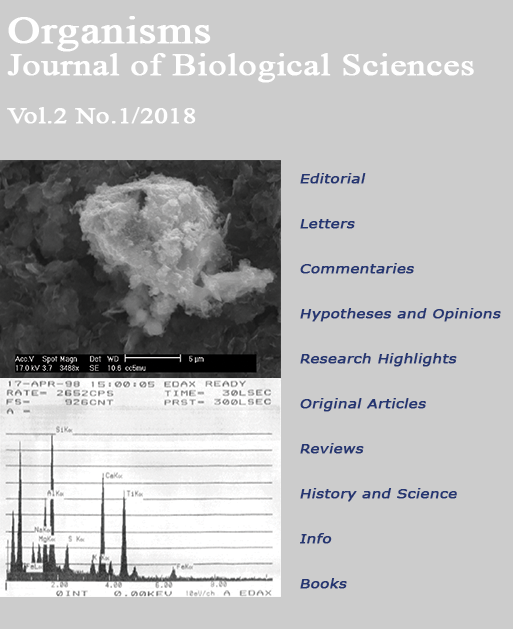Evidence-based science or science-based evidence? The GM crops between false myths and ecological systems
DOI:
https://doi.org/10.13133/2532-5876_3.13Abstract
In just over two decades, genetically modified (GM) crops have increased their global spread at an incredible rate. In the same period, research studies and reviews on their effects and performance have gradually become more frequent. Still today, however, there is a substantial lack of established evidence on GM crops mainly due to deontological, epistemological and methodological distortions that characterize much of the scientific production in this area of life sciences. As a consequence, the real impact of GM crops remains largely unclear and problematic. This situation challenges all promotional campaigns carried out by agribusiness companies. We address some issues related to GM crops and their impact, trying to highlight some obstacles that still prevent us from clarifying what we know, what we do not know and what we will never know by using unreliable scrutiny criteria. GM crops are still a source of heated debate within the scientific community and in public opinion. In many parts of the world, citizens are wary about biotech agriculture and foods. At international institutional level, it does not seem possible to develop an integrated framework of cultural and scientific principles capable of promoting the public interest. What is missing, above all, is the ability to incorporate uncertainty into the decision-making process, without hoping that an unlikely scientific consensus will develop on GM crops.Downloads
Published
How to Cite
Issue
Section
License
Copyright Agreement with Authors
Before publication, after the acceptance of the manuscript, authors have to sign a Publication Agreement with Organisms. The authors retain all rights to the original work without any restrictions.
License for Published Contents

You are free to copy, distribute and transmit the work, and to adapt the work. You must attribute the work in the manner specified by the author or licensor (but not in any way that suggests that they endorse you or your use of the work).





